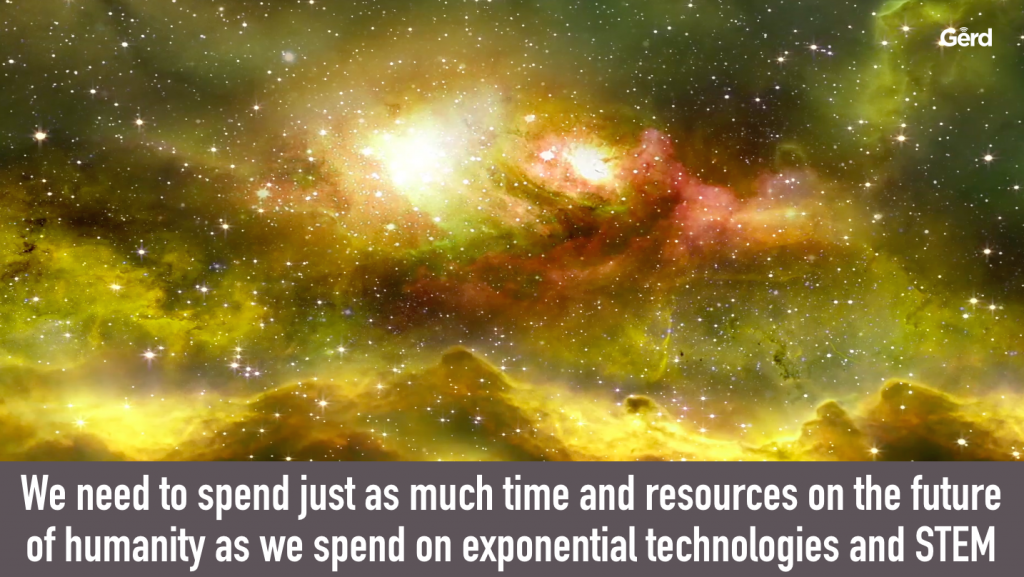Excellent article by Ilana E. Strauss in The Atlantic on the wrong assumptions we often have about people without work. Why should it be that way? It hasn’t always been like that…
Work-free societies are more than just a thought experiment – they’ve existed throughout human history.
Llana mentions a couple of examples in history where people didn’t work that much as we do, from the poor to the rich, and still be happy.
So, why would a work-free world be so bad in the end? It’s high time we start to work at developing new narratives of how that world may look like. Automation will happen anyway, and we’ll need to look at reinventing ourselves in the near future.
When people ponder the nature of a world without work, they often transpose present-day assumptions about labor and leisure onto a future where they might no longer apply; if automation does end up rendering a good portion of human labor unnecessary, such a society might exist on completely different terms than societies do today.
In Technology Vs. Humanity Gerd Leonhard mentions that trend becoming a reality in the 2026: The automation of everything and the basic income guarantee section.
With machines doing all the hard work, increasing numbers of people are doing what they want to do rather than what pays the bills. The Basic Income Guarantee (BIG) has become a key factor in societal happiness, fueling a new boom in arts and crafts, entrepreneurship, and public intellectualism.

Source: Would a Work-Free World Be So Bad?
Featured image source: Het Luilekkerland – known in English as The Land of Cockaigne – is a 1567 oil painting by Flemish artist Pieter Bruegel the Elder (c. 1525–1569). In medieval times, Cockaigne was a mythical land of plenty, but Bruegel’s depiction of Cockaigne and its residents is not meant to be a flattering one. He chooses rather a comic illustration of the spiritual emptiness believed to derive from gluttony and sloth, two of the seven deadly sins.
